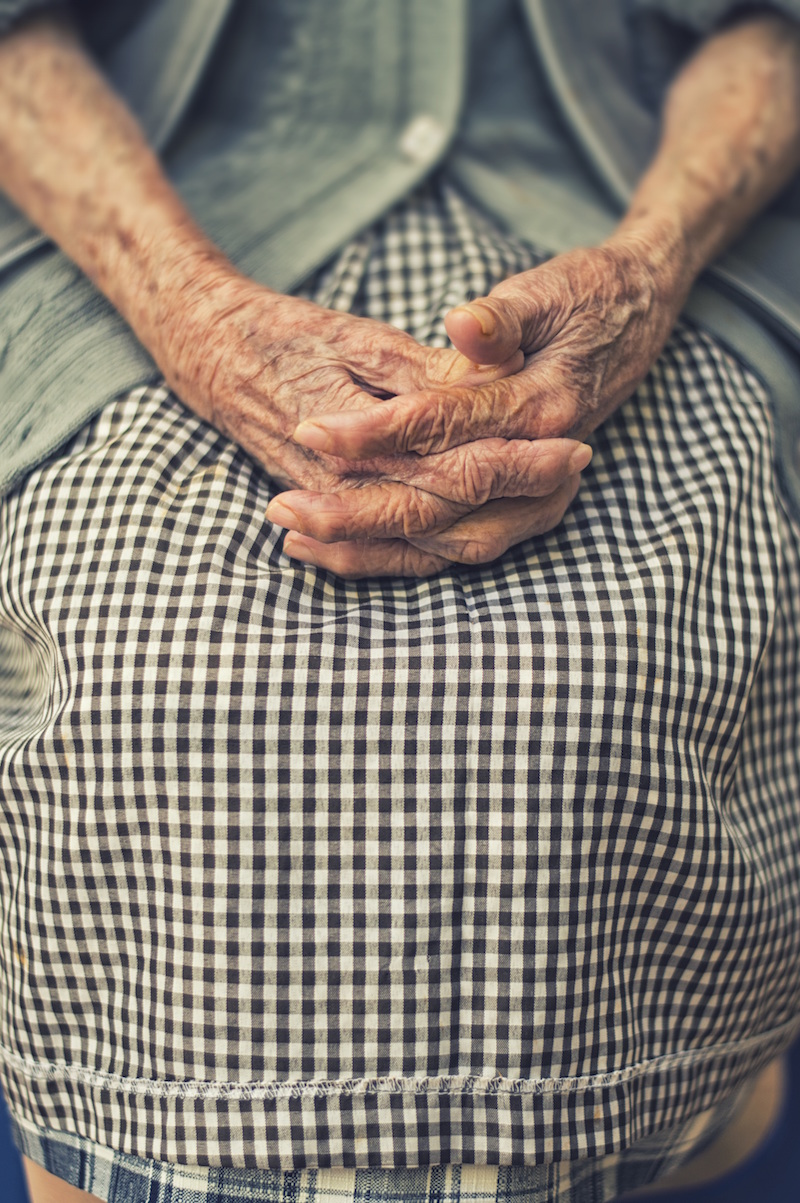
JOURNAL
documenting
&
discovering joyful things
Golden
Those were golden days.
When we arrived in Dinan, our park was a rainbow cacophony of flowers in bloom, but in the weeks that followed we watched the flowers fade, and the chestnuts begin to drop. The path we walked to get to the playground (the path you see in the picture above above) was like being inside the colour green. The air itself felt green, and the still-warm afternoons were soft, like a hug from nature.
But then, while our backs were turned, everything changed.
The temperatures dropped, and we returned to the playground after a week doing other things to discover green had receded, in the most magnificent of fashions. The park was now shocking, and glorious, and unabashedly golden.
I like to think there is a metaphor in this park for the gold-tinted nostalgia I know I will feel for our sojourn in France in the months and years to come.
There are some things I won’t miss, of course. Being apart from the children’s father for so long tops that list, but I also won’t miss dodging dog-poo on the footpaths, the oven that burned everything, the ever-present smell of cigarette-smoke in the hallway that filtered through to the bathroom and bedrooms, and the incredibly uncomfortable mattresses. The unreliable buses, the way our apartment never felt properly clean… and it will be a long time before I ever want to eat another galette blé noir.
But this park, these children, those are the gold-tinted memories I will carry with me in the years to come. Memories that will turn into nostalgia, long after I have forgotten the grumpy British man downstairs, who liked to complain about the thumps my children made on the floor when they got up in the morning. (It must have been annoying, but there wasn’t much I could do: they haven’t yet learned how to levitate).
Nine hundred kilometres. That’s how far (actually it was a bit further) my children walked during our three months in France. These are the same little legs that were apparently “too tired” to walk the 15 minutes it took to take Scout to school every day last year. Or the three-block stroll to the park.
In France, they would walk, and walk, and walk. And when we stopped walking, they would run, and leap, and dance. I know how far they walked because of the little ‘steps’ app on my ‘phone, by which I kept a tally because the children were so proud of themselves, discovering stamina and resilience they didn’t know they had.
Pepper. That’s how Ralph likes to season his food now. Scout likes her mayonnaise homemade, with enough mustard to give it tang. They eat ‘real’ sushi, tuna salads, vegetable soups, seared steak and soft cheese. They crack their own walnuts and eat them out of the shell. They devour giant bowls of moules marinières (avec frites), homemade muesli, and milk-jelly made using a recipe from Henry VIII’s kitchen. In short, they developed palates in France. And better still, they gained a sense of culinary adventure. Gone are the days of plain pasta and never-ending towers of ham-and-cheese toasties, and chicken nuggets at cafes. Now, they eat what we eat.
When Scout left for Australia she was afraid of all animals. By the time she returned, she was able to play with dogs, ride horses, and care for our baby bunny. At some point in November, while tucked up in bed in our chilly apartment in Dinan, Scout also discovered she could tell stories, and began spinning fabulous and fantastical yarns about faraway adventures, when previously she’d only understood narrative recall.
Ralph began using French words instead of English ones in conversation, without realising he was doing it (and still insisting he couldn’t understand French). He also found the language he needed to describe his emotions, which sometimes threatened to overwhelm him (and then us) when he was tired. He invented phrases like “letting the wolf out” to describe that feeling when anger and frustration took over, so he could tell us what was happening on the inside, before the situation escalated on the outside.
Ralph grappled languages and feelings and currencies and public transport and dropped day-naps with the kind of resilience none of us could have imagined before we left Australia.
But perhaps the most beautiful change I saw - even more beautiful than the foliage change from summer to autumn in our playground - was in their relationship. The children have always been close, a happy side-effect of being born so close together (only 17 months apart), and of sharing a bedroom.
But I watched their friendship blossom in France, alongside their shared experiences and, despite the inevitable arguments, they became a true unit. It wasn’t just friendship: it was trust, reliance, comfort, compassion, and support. The word that comes to me is “tribe.” They became one another’s tribe, and gave one another a sense of belonging that kept them feeling secure despite all the changes and new experiences. It’s something I hope and pray will stay with them throughout their lives.
Because it is golden.
Why wait?
 First, this memory.
First, this memory.
I am seven or eight years old, and my parents' friends Sue and Ian have come to stay. After dinner, we all sit cross-legged on the carpet in the lounge room and sing. Folk music, mostly, from the 60s and 70s, as well as some of their originals. Ian pulls out his guitar, Mum pulls out her flute, everyone sings. Ian is super-cool to me, a bit like Bob Dylan, but Sue’s voice is more like a soprano version of Karen Carpenter: all strong and smooth, with a gently undulating vibrato. As she sings, she bends her head forward and her long blonde hair falls over her shoulder like a single sheet of water. Like an angel.
This is what I think about as I sit on the carpet with them all, listening and admiring and sometimes joining in, and I feel like I have been allowed into something special and mysterious and grown-up. I also think, "I want to be Sue when I grow up.”
They were playing Cat Stevens in my local cafe yesterday morning while I waited for my bagel and coffee. “Too emo” muttered the barista, and switched to something else, but the damage was done. Like osmosis, I had already absorbed the song under my skin and, once there, it made its way into my blood-stream and within a nanosecond had tickled a long-neglected corner of my prefrontal cortex, awakening the memory of this late-night singalong from its decades-long hibernation.
Holding my coffee, I walked back along the footpath in the bitter cold and spitting rain, thinking about friends and music and, because Cat Stevens was still on my mind, I also thought about the Harold & Maude soundtrack. Especially the two songs that Cat Stevens had written just for that movie (this one and this one), which are both about stepping up and being proud of who you are, and embracing your life. Scout loves these songs, and asks to hear them often.
I thought about that scene in which Maude sang “If you want to sing out, sing out” and it made me smile. I started humming to myself as I walked through the rain, which was sweeping sideways by now. My hands were so cold I couldn't feel my fingers around the coffee cup.
I thought, “I want to be Maude when I grow up.”
And just at that moment, in the wind and rain, a woman drove past me on a beat-up old Vespa motor scooter. The woman would have been at least 80 years old, maybe more. She was wearing an ancient helmet that looked like one of those WWII aviator helmets, and was squinting against the icy rain that must surely have been piercing her cheeks like needles. Across her face was spread an enormous smile of pure joy.
And I thought, "Why wait?"
Image credit: Ismael Nieto, licensed for unlimited use under Creative Commons








